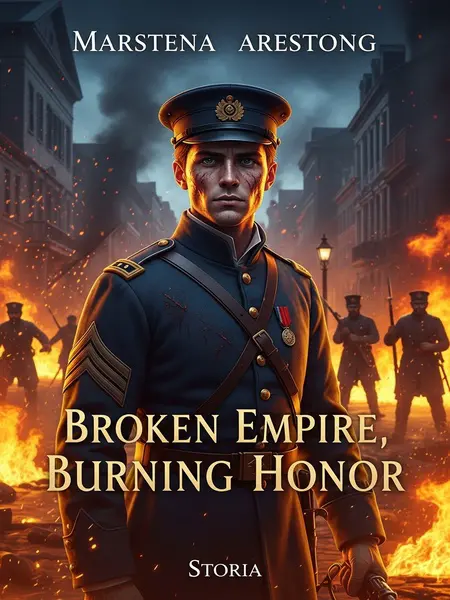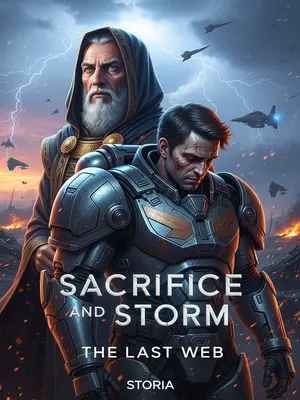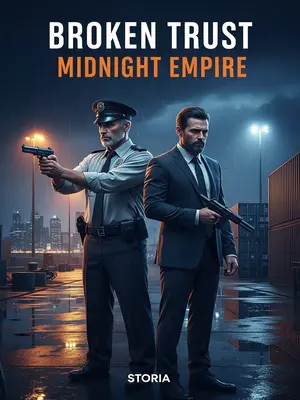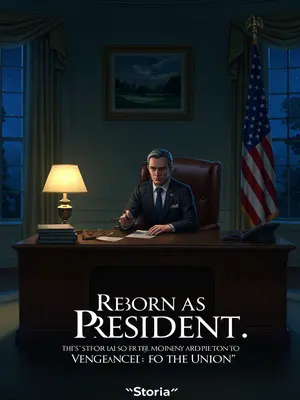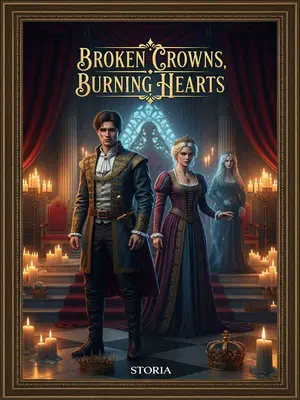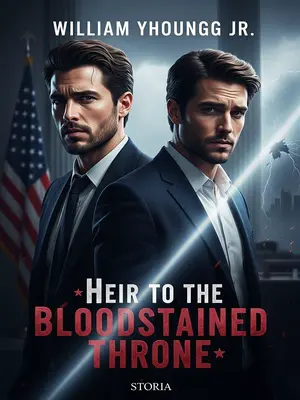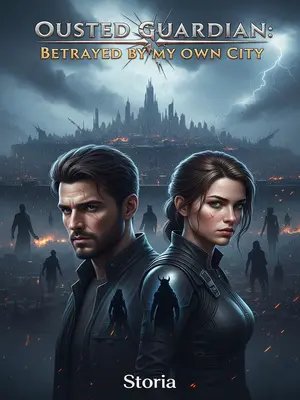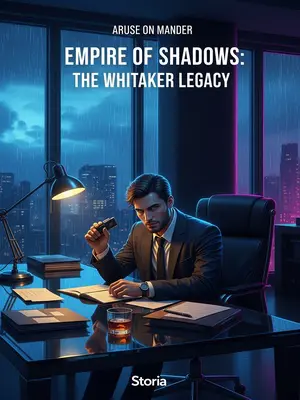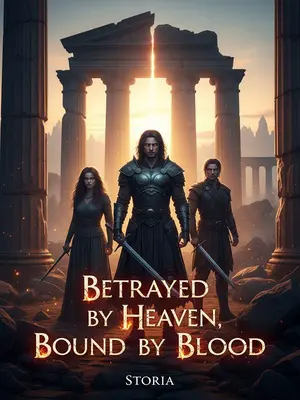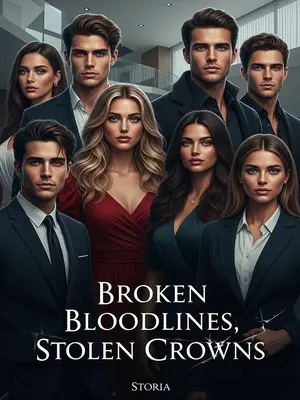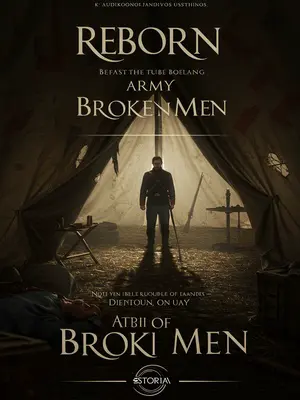Chapter 2: Flames and Shadows
Ships from half a dozen countries crowded the harbor, their flags snapping in the wind. Diplomats in sharp top hats strolled the Battery, eyes sharp and faces unreadable, while rumors of secret deals drifted through the smoky parlors and back rooms.
Ever since the Meiji Restoration, Japan had been flexing its muscles, looking to plant its flag in Pacific ports and Southern cities. Charleston was in their sights—a stepping stone for something bigger.
Japanese envoys in crisp Western suits haunted the best hotels, always watching, always listening. Their presence was a reminder that the world was changing fast—and maybe not in America’s favor.
Other big players—Britain, Russia, France—were circling, too. Everyone wanted a piece of the American South, hoping to make a killing by backing the right side, or maybe just stirring up trouble for the fun of it.
Charleston, with its deep harbor and prime location, was the prize at the center of the board. Every power wanted a finger in the pie, and the city had become a chessboard with more kings and queens than pawns.
The United States government wasn’t about to let go. Still reeling from the Civil War and Reconstruction, Washington was determined to keep its last major port cities under federal control, no matter what it took.
Federal banners hung over city hall, and Union blue patrolled the streets—a daily reminder that the city’s fate was still in someone else’s hands.
To drive the point home, Washington had sent federal troops to Charleston, crushed the high-profile “Harbor Rebellion,” and kept boots on the ground ever since.
It was a peace held together by the threat of force—and the hope that time and prosperity might someday heal the old scars.
Inside the city, things were ready to blow. Local officials split into two camps. On one side stood the Unionist Party, led by the indomitable Mrs. Abigail Monroe—loyal to Washington, fiercely against foreign meddling.
Mrs. Monroe was something else—a woman who could silence a room with a look. Her dinner parties were the stuff of legend, and when she spoke, folks listened, whether they wanted to or not. “If you want the city to stand, you stand with me,” she’d say, and nobody dared argue.
On the other side was the Reform League, with Victor Kim at the helm—deputy secretary of the Foreign Affairs Bureau. He played every angle, looking to foreign powers for support, never afraid to cut a deal if it meant more independence from Washington. He was the kind of man who could sell you a watch and steal it back before you left the room.
Victor Kim was all slick charm and cold calculation. You’d see him gliding through a party, always with a drink in hand, always laughing—never quite letting you see what he was really after. Folks said he had a knack for showing up exactly where he shouldn’t be.
The rivalry between the pro-federal and pro-Japanese camps was the city’s open wound. But on December 4, Charleston chose to set aside the feud—at least for one night.
For once, everyone let their guard down, raised a glass, and tried to look united—if only for the cameras and the foreign guests.
After all, the new Post Office—a symbol of Charleston’s push into the modern world—was finally finished and ready to open downtown.
The red brick building shone under the gaslights, its clock tower standing tall over the maze of city streets. To many, it was proof that Charleston still had dreams worth chasing.
Invitations went out to diplomats and officials from every nation with a stake in Charleston. Tonight, everyone would witness this milestone together—at least, that was the plan.
The hall was alive with a jumble of languages, laughter, and the steady clink of crystal glasses. Waiters weaved through the crowd, uniforms spotless, as the city’s elite rubbed elbows with foreign dignitaries. Armed guards watched from the shadows, hands never far from their weapons.
At first, nothing seemed amiss—or so thought Charles Stanton, the federal commissioner for commerce, as he took in the scene.
Charles was the kind who watched more than he spoke. In Charleston, he’d learned, it paid to keep your mouth shut and your eyes open.
He couldn’t help but notice Victor Kim and the Japanese deputy consul, their heads together, voices low. Their conversations were more frequent than usual, and their eyes darted around the room like they had secrets to spare.
You could almost see the wheels turning as they leaned in over the tablecloth, faces half-hidden behind delicate porcelain teacups. Their words were lost in the noise, but the intent was clear—at least to anyone who cared to notice.
But as the night wound down and folks lingered over coffee and apple pie, Charles Stanton, still watching Kim and the Japanese, heard a sudden commotion break the surface of the polite chatter.
A sharp shout sliced through the room. Forks clattered onto plates. Heads snapped up. Someone gasped.
